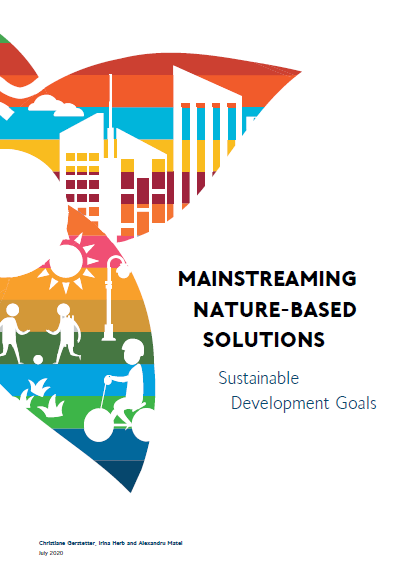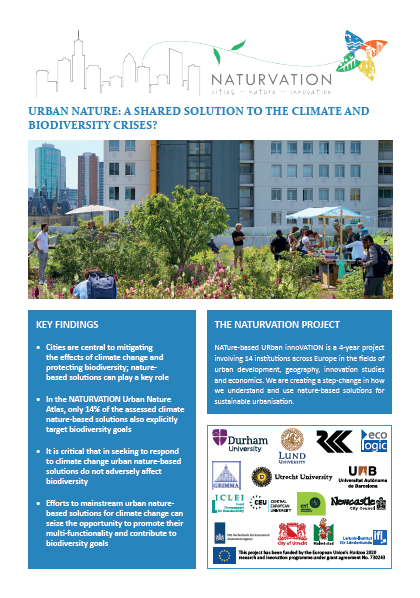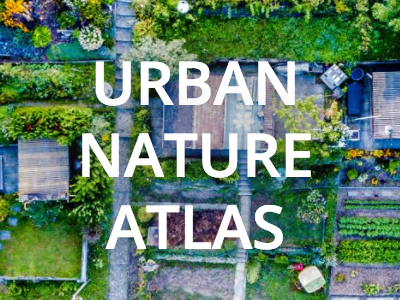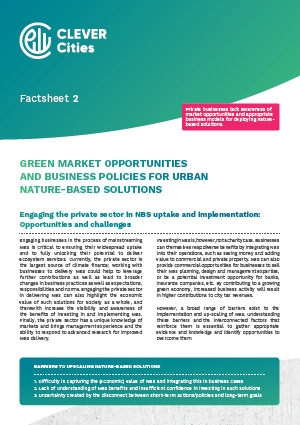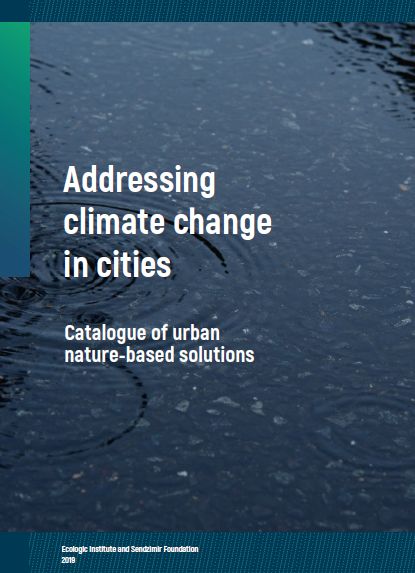The Urban Agenda for the EU, its 'Green' Actions and the European Green Deal
- Presentation
- Date
-
- Location
- online
- Speech
The Urban Agenda for the EU recognizes the importance of nature-based solutions as tools for sustainable recovery and development. Yet implementation and mainstreaming at city level remain limited. Can the European Green Deal support these efforts? What role can European research projects play? To answer these questions, McKenna Davis was invited as an expert to contribute to the European Urban Knowledge Network’s (EUKN) Policy Lab on 'The Urban Agenda for the EU, its 'green' actions and the European Green Deal'. The 18 March 2021 event aimed to unravel the 'green' actions of the Urban Agenda for the EU and develop concrete messages for the ministers under Slovenia's Presidency on how to support cities dealing with regulatory obstacles when trying to reach environmental goals.
The online event was co-organized by the EUKN and Slovenian Ministry of the Environment, as upcoming EU Council President, and brought together over 150 participants from research, policy and practice. The first part of the webinar explored the urban dimension of the European Green Deal in order to strengthen the linkages with the Urban Agenda for the EU, positioning the ‘green’ actions in the wider political debate and institutional context. The second part built upon the 2020 EUKN Policy Labs for Slovenia and addressed their key findings, particularly in the fields of the Circular Economy, Nature-Based Solutions, and the Better Regulation strand of the Urban Agenda for the EU.
The nature-based solution session, to which McKenna Davis was invited to speak, built upon two findings made during earlier EUKN Policy Labs for Slovenia:
- 'Green' existing strategies and regulations without creating new ones;
- Create a European platform collecting translated legislation and projects on NBS from different Member States.
In this context, the experts shared and discussed their experiences with 'greening' existing strategies as well as with contributing to NBS-related platforms within large research and innovation projects.
McKenna Davis offered insights focusing on obstacles faced by cities regarding nature-based solution mainstreaming and implementation and how to best address these. Her contributions stemmed from the CLEVER Cities, NATURVATION and INTERLACE projects. Specifically, she highlighted pathways for moving NBS from niche to mainstream to address climate change, biodiversity loss, economic regeneration, social inclusion and the sustainable development goals agenda. Each pathway was underlined by 'stepping stones', which highlight actions in the areas of policy, finance or urban development.




